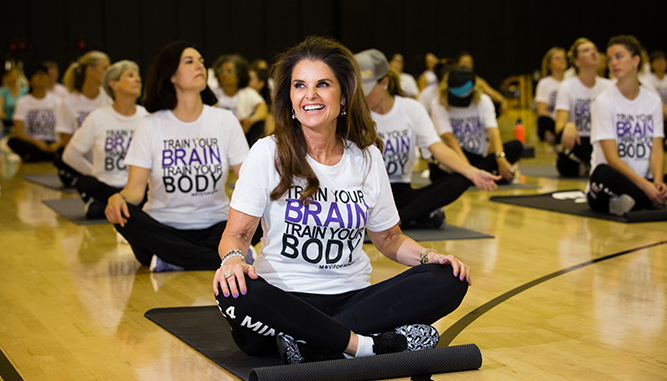What’s good for your heart is good for your brain.
Research shows that it improves every aspect of
your health to switch out old-fashioned meat and potatoes for the healthier Mediterranean and MIND
diets. That means less red meat and bad fats-and loads more fruits and vegetables, avocados, fish,
legumes, beans, whole grains and healthy fats, like olive oil, seeds and nuts.
Fill your plate with colorful fruits and vegetables.
Red, blue, purple, yellow, green and orange are
more than beautiful colors. They contain the vitamins and anti-oxidants necessary to keep your brain
humming, your vision and immune system healthy, and lower your risk for all sorts of medical maladies,
from strokes to cancer.
Keep it simple.
Ditch the processed foods that increase beta amyloids in the brain. That means saying
no to processed meats, cheeses, soft drinks, snacks, breakfast cereals and most other foods that
contain a laundry list of preservatives and chemicals. Rule of thumb: the fewer the ingredients, the
better for your body.
Lose the refined sugar.
It creates insulin resistance, a leading driver of type II diabetes, which can
increase your risk for Alzheimer’s.
It’s not just what you eat, but when you eat it.
Research shows that intermittent daily fasting seems
to reboot the metabolism by burning fat as its primary fuel. So give your brain a break by fasting 12 to
14 hours between dinner and breakfast. Studies show it will improve insulin sensitivity, a key to brain
health.
Replace salt with herbs and spices.
Not only will you control your blood pressure, which is good for
your brain, but many spices have anti-inflammatory effects. Be generous with the cinnamon, turmeric,
ginger, oregano, rosemary and cilantro.
Hydrate.
Your brain needs water. Drink eight 8oz glasses of water each day.



Social Connection